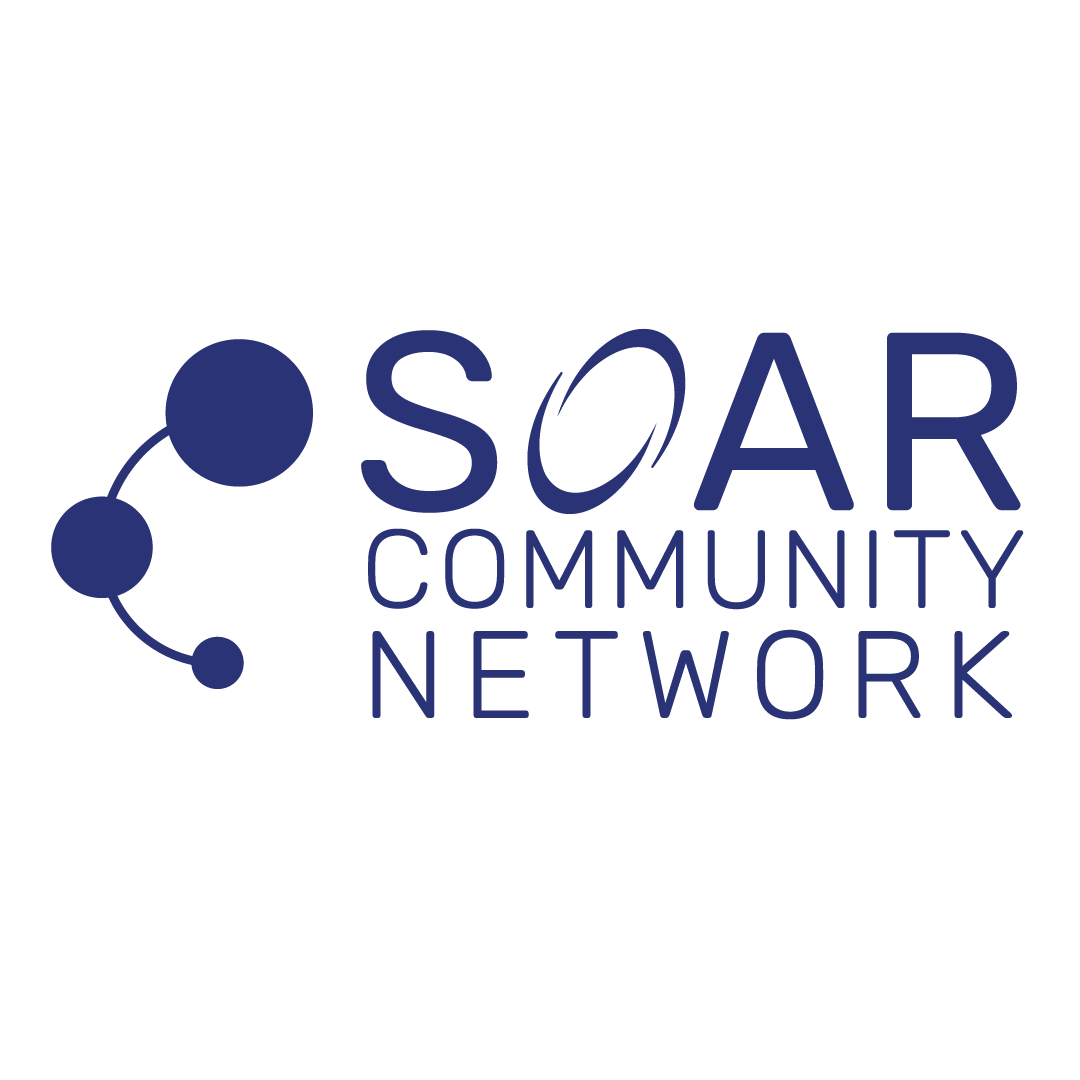Introduction
Performance management is a pivotal component in any organization’s success, and its significance is further amplified when integrated within the C3 Framework – Compassionate, Cohesive, and Collaborative culture. This approach, championed by Mali Phonpadith and the SOAR Community Network, provides a holistic and human-centric methodology for enhancing productivity, morale, and organizational alignment. In this article, we delve into the benefits of performance management within the C3 framework and outline a typical week of performance management duties for managers in government contracting, nonprofit, or professional services organizations.
Time Allocation for Performance Management
The recommended time allocation for performance management duties varies based on organizational needs and size. However, a balanced approach suggests that managers should dedicate approximately 3-5 hours per week to these duties. This allocation allows for a thorough yet manageable engagement with team members, ensuring performance management is both effective and sustainable.
Benefits of Performance Management in the C3 Framework
- Enhanced Employee Engagement: By fostering a compassionate culture, managers can create a supportive environment where employees feel valued and understood. This approach increases engagement and loyalty, leading to higher productivity and reduced turnover.
- Strengthened Team Cohesion: Cohesive teams are the backbone of any successful project or initiative. The C3 framework promotes understanding and respect among team members, enhancing collaboration and the ability to achieve shared goals effectively.
- Fosters a Collaborative Environment: Emphasizing collaboration over competition, this framework encourages sharing of ideas, skills, and resources. This approach not only fosters innovation but also ensures that projects are completed efficiently and creatively.
- Personalized Development Plans: A key component of the C3 framework is recognizing individual strengths and areas for growth. Performance management within this context allows for tailored development plans, contributing to the professional growth of employees.
- Alignment with Organizational Goals: Regular performance discussions ensure that individual efforts are aligned with broader organizational objectives. This alignment is crucial for achieving strategic goals and maintaining organizational coherence.
A Typical Week of Performance Management Duties
Monday: Goal Setting and Review
- Start the week by reviewing team and individual goals.
- Allocate time to assess progress towards these goals and adjust strategies if necessary.
Tuesday: One-on-One Meetings
- Conduct individual meetings with team members.
- Discuss recent achievements, challenges, and ongoing projects.
- Offer guidance and support for personal development.
Wednesday: Team Collaboration Session
- Facilitate a collaborative session to discuss team projects.
- Encourage idea sharing and collective problem-solving.
Thursday: Developmental Feedback
- Provide constructive feedback to team members.
- Focus on both areas of strength and areas for improvement.
Friday: Reflect and Plan Ahead
- Reflect on the week’s progress.
- Plan for the upcoming week, considering any adjustments in strategy or focus.
Conclusion
Performance management within the C3 Framework is not just about assessing productivity; it’s about creating a work culture that values compassion, cohesion, and collaboration. This approach leads to a more engaged, motivated, and productive workforce, aligning individual aspirations with organizational goals. By dedicating adequate time and resources to performance management, leaders in government contracting, nonprofit, or professional services organizations can cultivate an environment where both employees and the organization thrive.

